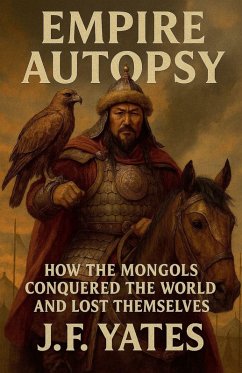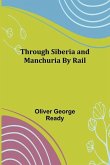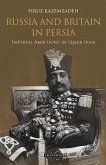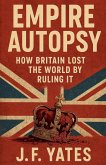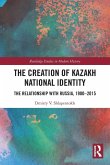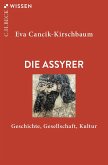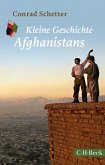Empire Autopsy: How the Mongols Conquered the World and Lost Themselves A revolutionary examination of history's greatest empire reveals how unprecedented success planted the seeds of inevitable collapse. In 1206, a tribal confederation led by a minor chieftain named Temüjin began a conquest that would create the largest contiguous empire in human history. Within fifty years, Mongol armies had swept from Korea to Hungary, controlling trade routes that connected civilizations and reshaping the political map of Eurasia. Yet by 1368, this seemingly invincible empire had fragmented into petty kingdoms, expelled from China and reduced to memories on the steppe. What killed the Mongol Empire? The answer lies not in external enemies or natural disasters, but in a fatal paradox: the very innovations that made the Mongols unstoppable as conquerors made them unsustainable as rulers. Empire Autopsy dissects this historical giant like a medical examiner, revealing how each of the Mongols' revolutionary strengths, their mobility, meritocracy, cultural adaptability, trade mastery, and charismatic leadership systematically transformed into mortal weaknesses. Their nomadic mobility became a liability when ruling sedentary populations. Their merit-based military became corrupted by palace politics. Their cultural flexibility led to identity dissolution. Their trade networks spread pandemic disease. Their charismatic authority could not be institutionalized across generations. Through this forensic examination, uncovers a broader pattern that transcends the Mongol case: how rapid expansion creates the conditions for rapid collapse. Drawing on cutting-edge scholarship and employing vivid case studies from the destruction of the Khwarezmid Empire to the Yuan Dynasty's paper money crisis, this book reveals the hidden mechanics of imperial transformation. But Empire Autopsy is more than a historical analysis. By examining how the Mongols' network-based empire differed from territorial states, how their nomadic values conflicted with bureaucratic necessities, and how their cultural synthesis both enabled and ultimately destroyed their identity, this book offers profound insights for understanding power in the modern world. From the challenges facing contemporary superpowers to the dynamics of globalization, the Mongol experience provides a template for recognizing when expansion becomes overextension and when flexibility becomes fragmentation. Part historical detective story, part imperial analysis, part cautionary tale, Empire Autopsy transforms our understanding of the Mongols from simple barbarian conquerors to sophisticated architects of a global system whose contradictions remain relevant today. It reveals that the question isn't how the Mongols conquered the world, but how conquering the world conquered them and what that teaches us about the price of unprecedented success.
Bitte wählen Sie Ihr Anliegen aus.
Rechnungen
Retourenschein anfordern
Bestellstatus
Storno

